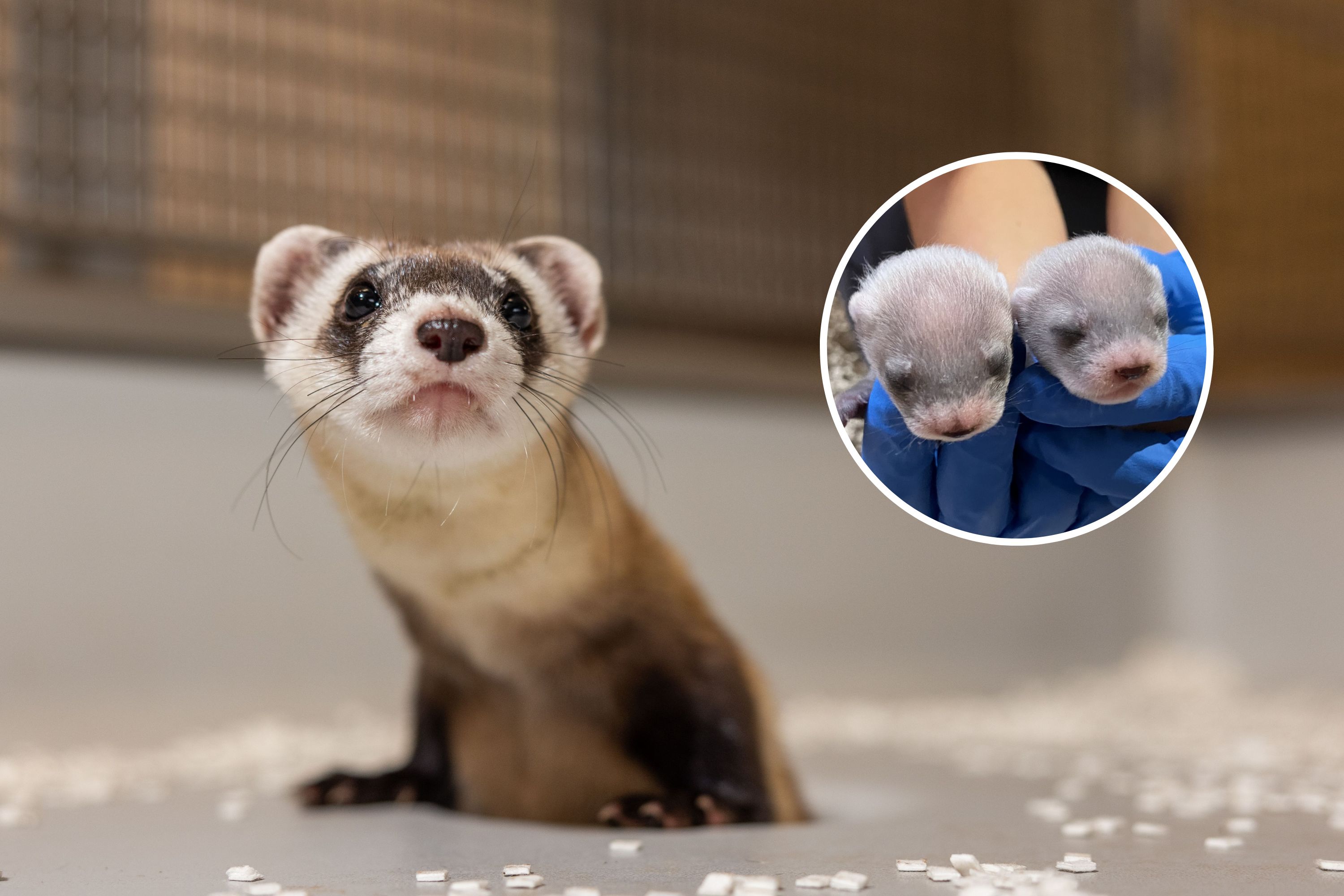Negative
21Serious
Neutral
Optimistic
Positive
- Total News Sources
- 6
- Left
- 3
- Center
- 2
- Right
- 1
- Unrated
- 0
- Last Updated
- 15 days ago
- Bias Distribution
- 50% Left


Cloned Ferret Birth Boosts Conservation Efforts
In a significant conservation milestone, a cloned black-footed ferret named Antonia has given birth to two healthy kits at the Smithsonian National Zoo and Conservation Biology Institute. Antonia was cloned from the genetic material of a ferret named Willa, who died in the 1980s, as part of an effort to increase genetic diversity among black-footed ferrets, one of North America's most endangered mammals. This marks the first time a clone of an endangered U.S. species successfully reproduced, which is crucial for enhancing the genetic pool and resilience of the current ferret population, primarily descended from just seven individuals. Habitat loss, disease, and a sharp decline in their primary food source, prairie dogs, had brought the species close to extinction before a small colony was rediscovered in Wyoming. The successful births are viewed as a pivotal step forward for endangered species conservation and could serve as a model for other programs globally. The U.S. Fish and Wildlife Service and other partners are optimistic that cloning will be vital in ensuring the long-term survival of the species.




- Total News Sources
- 6
- Left
- 3
- Center
- 2
- Right
- 1
- Unrated
- 0
- Last Updated
- 15 days ago
- Bias Distribution
- 50% Left
Negative
21Serious
Neutral
Optimistic
Positive
Stay in the know
Get the latest news, exclusive insights, and curated content delivered straight to your inbox.
